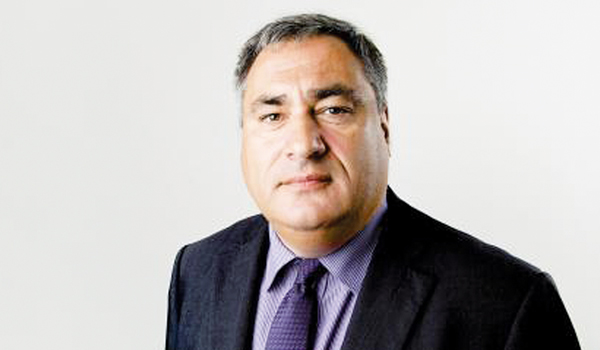Progress on ESN stuck at amber
The Mayor of Londons GLA Oversight Committee met last week to examine the high-level progress in London on the planned Emergency Services Network (ESN) and understands new project milestones could be in place before the end of the year.
The Mayor of Londons GLA Oversight Committee met last week to examine the high-level progress in London on the planned Emergency Services Network (ESN) and understands new project milestones could be in place before the end of the year.
It follows the latest report by the Infrastructure and Projects Authority (IPA) that warns progress on the Emergency Services Mobile Communications Programme (ESMCP) has remained at Amber the same rating as the past three years.
The committee meeting was attended by all the key organisations involved in the ESN, including the Home Office, Transport for London (TfL), the Metropolitan Police Service, the Mayors Office for Policing And Crime, the London Fire Brigade, London Ambulance Service and the Ambulance Radio Programme.
Discussions centred on criticism of the programme by the Public Accounts Committee (PAC). It has warned that without solutions to technology and delay issues, the emergency services may not be able to communicate with each other between March 2020, when the existing Airwave service is scheduled to stop working, and September 2020, when the transition to ESN is complete.
Len Duvall, chair of the GLA Oversight Committee, said after the meeting: We are aware of the PAC warnings about delay issues with a transition from Airwave to the ESN. Today we examined high-level progress with the development of the ESN in London, speaking to the Home Office, emergency services and TfL.
We understand the reasons for the delays and in the main, they are due to the challenges in developing this new system and testing it to make sure it meets the needs of the emergency services.
He added: This programme is hugely important to the capital and it is imperative that we get it right. Delays will increase costs but when it comes to the safety of Londoners, no corners should be cut. That said, any delays will have cost implications for the public purse.
We await the announcement of new project milestones and will ensure we keep a close eye on the progress of this essential safety communications programme.
Mr Duvall said in particular they will be watching TfLs progress delivering ESN on the London Underground: To date, TfL has struggled to deliver large scale transport programmes on time and on budget. TfL is now responsible for delivering an IT project on Londons tubes and tunnels. It must ensure that it has the right IT and commercial skills to deliver this crucial programme.
The new ESN aims to deliver numerous improvements on the Airwave Tetra (terrestrial trunked radio) service, including providing high-speed data to users, flexibility to make use of new technologies, and securing cost savings.
The IPAs annual findings detailing the health of more than 140 government transformation projects noted the ongoing complexity of the Governments efforts to implement the ESN, which will replace the existing Airwave mobile communication service used by the three emergency services.
The IPA said that ESMCP switchover impacted a broad community of stakeholders and users at a time of significant restructuring among traditional commercial technology providers working with the emergency services.
The Full Business Case received cross-government approval in November [2015] and the programme successfully awarded contracts on the main procurements on December 8, 2015, said the IPA. The programme has now moved into the mobilisation phase. KBR (Kellogg Brown and Root) and [network provider] EE have both met some of their deliverables and have been issued with Milestone Achievement Certificates for Effective Dates plus five and eight months.
EE will utilise its 4G LTE (long-term evolution) national network to give next generation broadband voice and data services to all UK emergency services.
But a critical report by the National Audit Office (NAO) last year expressed concern that the planned replacement for the existing Airwave Tetra service was inherently high risk as a similar network has never been implemented elsewhere.




